Is It Wrong for Singles to Think about Sex?
I received the following sweet message last month from a reader who raised several good questions, including whether it’s wrong for singles to think about sex. Does keeping your thoughts pure mean you shouldn’t contemplate sex at all? Since other singles may be wondering about the same thing, I decided to post my response here.

Question: Is it a sin for singles to think about sex?
Hello Mrs. Flanders,
I enjoy reading your blog, Loving Life at Home. Not many married Christian women are as open to talking about sex as you are on your blog, and I was hoping I could ask you some questions. You seem like the kind of mother that I could sit down with over a cup of tea to talk to.
[As a college student in my early twenties], I am a virgin and have never even been kissed. I am waiting and saving myself for marriage, but I am also very curious about the sexual aspect of marriage, and I do think about it a lot. I guess that is one of my questions for you — is it wrong to be curious about sex before marriage? To think and wonder about it a lot? To long to experience it for myself someday?
Even though I only want to have sex with my future husband and only when we are married, I really worry sometimes that my thinking about it so much may be lustful, but I do not know.
Secondly, I have wondered often about what my husband and I will do for birth control once we are married. I have read on your blog and elsewhere about the awful effects of birth control pills, so I do not want to use that. And then Natural Family Planning sounds great, but I have read of several people who used it and got pregnant [multiple times] unexpectedly — all within a few years of marriage. Is using condoms every time enough?
I don’t want a child for every year of marriage, but I would also like to be able to enjoy sex with my husband! What would you recommend? This is something I would like to research and learn about before I get engaged someday, and then suddenly the wedding night is here, and we have no idea what we are doing for birth control.
Thank you so much for any help you can give me. I appreciate your blog about marriage and family life so very much.
Sincerely,
Curious but Concerned
Answer: It depends on the kinds of thoughts you’re entertaining.
Dear Concerned,
Thank you for your sweet letter. I’m so glad to know young single girls like yourself are reading and enjoying my blog. I did lots of reading and researching and thinking about marriage before I ever married, too, and feel that helped make my transition into married life much smoother than it might otherwise have been.
It is very natural to be curious about sex and to spend time thinking about it, even before you are in a position to enjoy it with your (future) husband in the context of marriage. That drive is one God has put inside both men and women, and I do not think there is anything sinful about longing to experience something He created and called very good.
Where that yearning crosses into lust, I believe, is when you allow yourself to imagine doing things with a man who is not your husband (which, as long as you are single, means any man at all).
Rather than creating steamy scenes in your head of what it will be like or reading erotica or viewing porn — things which will actually inhibit your enjoyment of sex once you are married — I suggest you channel that energy into more wholesome pursuits, including:
Prayer
Don’t be shy about asking God to send you a husband. He has promised to give us the desires of our heart when we delight ourselves in the Lord, trusting Him fully and committing our ways unto Him. (Psalm 37:4-5)
Preparation
Use the waiting time (before Mr. Right shows up) to prepare yourself to be a better wife and mother, both by reading books and by developing skills that will help you in those endeavors. (You can view several recommended titles on marriage and motherhood by clicking on “My Favorites” in the menu bar.)
Projects
Rather than holing up at home, waiting for God to drop a husband on your doorstep, get involved in a few projects you feel passionate about. Stay active in your church, school, and community in ways that will allow you to meet guys with similar interests and life goals.

As for the birth control questions, that is something you will need to discuss with your future husband, once he shows up, and decide together with him what tack to take. You are smart to want to thoroughly research the options in advance, though. There are lots of things you’ll want to take into consideration before making such an important decision, including the following questions:
Is it abortifacient?
Some forms of “contraception” act not by preventing fertilization, but by preventing implantation. The IUD definitely falls into this category, in that it turns the womb into a hostile environment for the developing embryo. Hormonal contraceptives produce a similar effect by thinning the uterine lining so much that it is incapable of supporting life. If you believe, as we do, that life begins the moment egg and sperm unite, then you should avoid as unethical any methods of “family planning” that rely on spontaneous abortion to work.
What are the side effects?
As I’ve written before, hormonal contraceptives (such as the Pill) pack a powerful lot of potential health problems, including increased risk for breast cancer, heart disease, stroke, thyroid problems, and depression. For many women, they also cause a significant decrease in libido.
Yet even non-hormonal methods of contraception may carry side-effects that will need to be taken into consideration, such as allergic reactions, skin sensitivities, itching, and discomfort during or after use.
Is it convenient?
Without question, hormonal contraceptives are probably the easiest to use. Now you can even have them implanted and not have to think about birth control at all for months at a time. But the fact that hormonal contraceptives failed the first two questions above makes their convenience much less attractive.
Barrier methods are neither abortifacient nor dangerous to our long-term health, but they can be a bit of a hassle to use. Ditto for Natural Family Planning. The reliability of any method will hinge on your consistent compliance in using it correctly, so if you are set on using contraception, you’ll need to pick something for which the hassle factor is minimal.
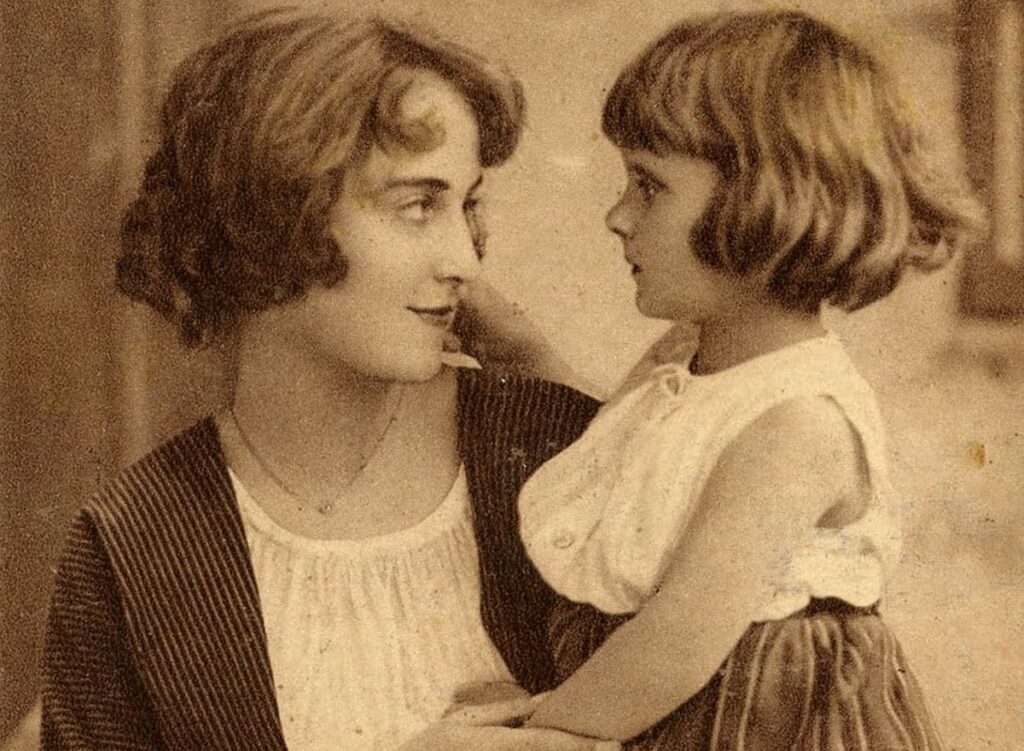
I know that’s a lot to consider, but before you get too bogged down in deciding which method of birth control is best, you should probably back up and ask yourself some even more basic questions:
Why do I want to prevent pregnancy?
Is there a serious health concern? Extenuating circumstances? Or are you just doing what is expected of you or “what everyone else is doing” without fully considering the consequences?
Do I share God’s heart when it comes to children?
The Bible calls children a gift and unequivocal blessing. Jesus made time for children during His earthly ministry and told His disciples not to hinder their coming to him. Modern society, on the other hand, views children as a financial burden, a nuisance, and something to be nipped in the bud if the timing isn’t perfect. Where on that continuum do you fall?
Would I be content with no children at all?
The problem with the term “birth control” is that it insinuates we can decide to have a baby just as easily as we can choose to prevent one.
That simply isn’t true.
The average age for first marriage in the US is now 27 for women, which also happens to be the age at which her fertility begins to decline. For most women, the window of opportunity is closing before they are ever in a position to take advantage of it. If they postpone pregnancy for too long, they may miss the miracle of giving birth altogether.
So you must ask yourself, in the event that such a thing happens, will you regret the years you squandered using contraceptives? If the answer is yes, you may want to rethink your position on using “birth control” at all.
Interested in reading more on this topic? Check out these books, all of which I highly recommend:
- Adam and Eve After the Pill by Mary Eberstadt
- Start Your Family: Inspiration for Having Babies by Candice Watters
- Be Fruitful and Multiply: What the Bible Says about Having Children by Nancy Campbell
- Open Embrace: A Protestant Couple Rethinks Contraception by Sam and Bethany Torode
- Three Decades of Fertility: Ten Ordinary Women Surrender to the Creator and Embrace Life by Natalie A Klejwa, et al.
I decided to post this response to your original letter, because I suspect lots of young girls wonder about the same questions, although few are so bold as to put them in writing. I appreciate your courage. You remind me a little of myself at your age, only I sent my questions to Elisabeth Elliot via snail mail. She answered, and I am eternally indebted to her for giving me such wise counsel and good advice! I would love to think that my words might have even a fraction of the impact on my readers that hers had on me.
Blessings,
Jennifer
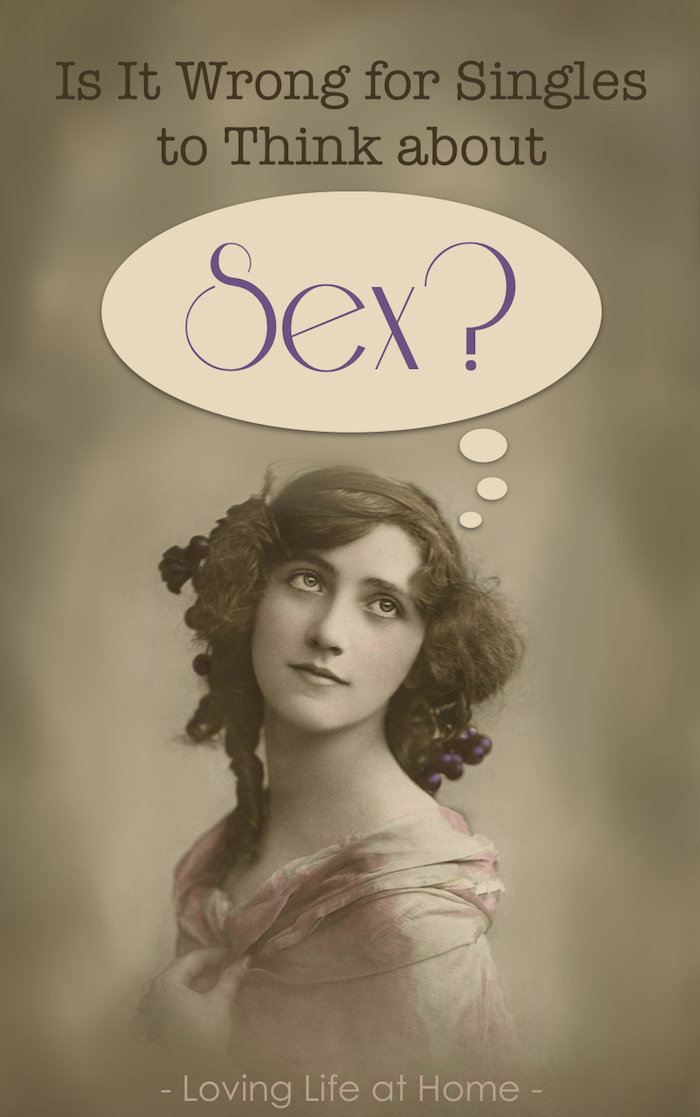
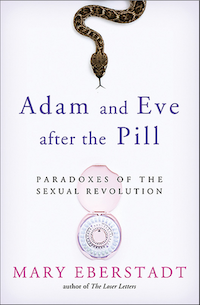
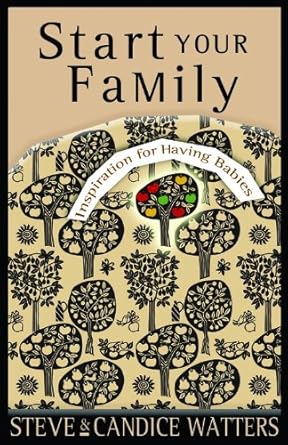
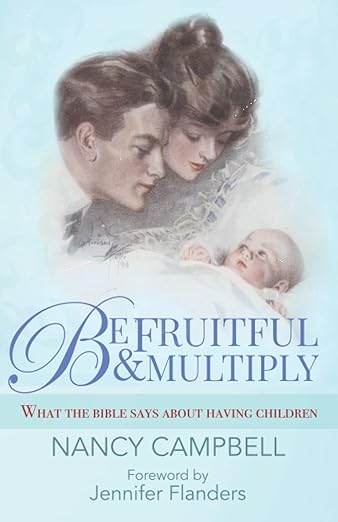
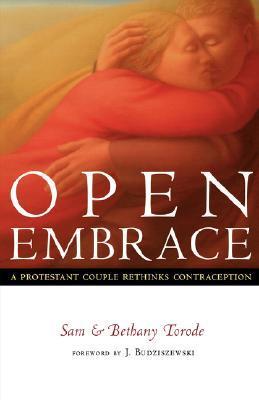
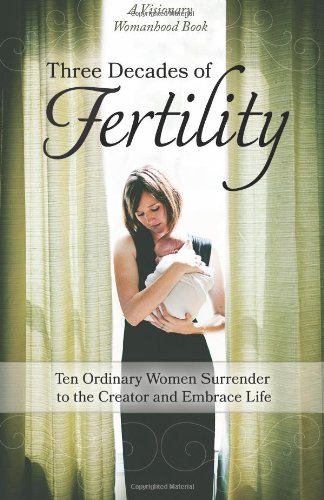



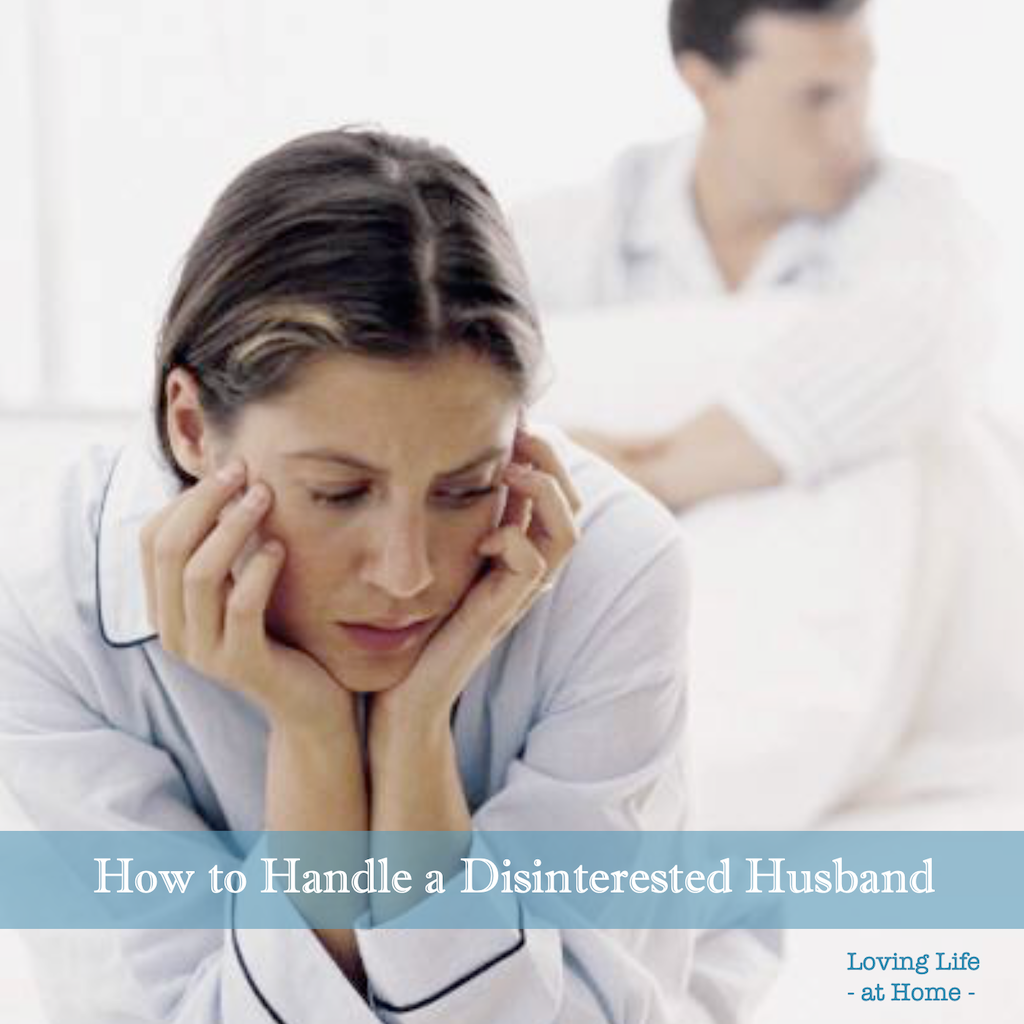
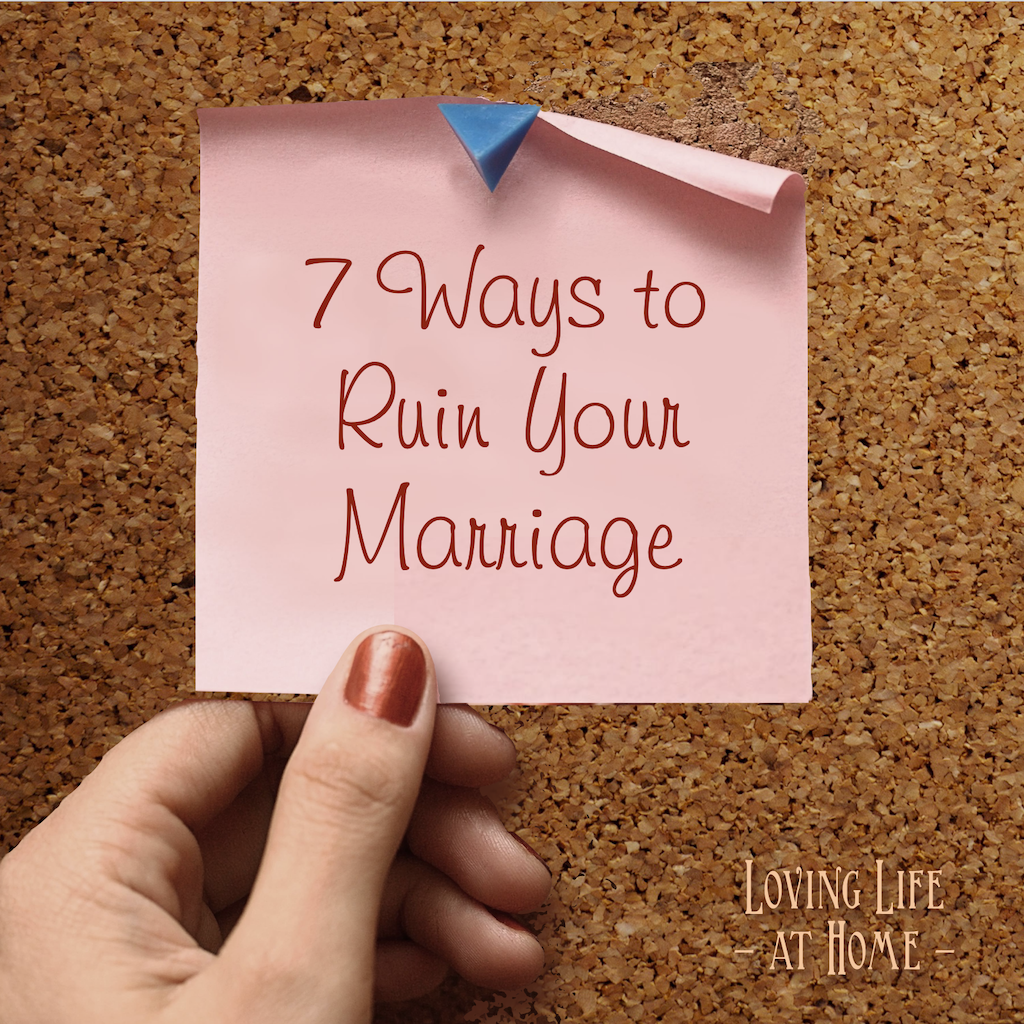

hey so if you’re going to dispense medical advice, you should probably qualify that and say that you’re not actually a medical practitioner of any kind. if you want to know about birth control methods, ask your GP or OBGYN, not a random lady on the internet. it seems as though a lot of the information presented here is a bit tainted with bias, which is not how anyone should be receiving medical advice. many forms of birth control actually prevent ovulation all together, which would not make them abortifacients (if that is even a concern of yours), and side effects vary from person to person.
Dear concerned human being: You are right. I am not a medical practitioner of any kind. I did, however, marry a man with an MD, and the risks listed in this post came straight out of one of his medical school textbooks — only I had to condense the information somewhat, as there were actually seven full pages of known adverse side effects associated with using hormonal contraceptives, many of which were extremely serious, even life-threatening. That list not only convinced us never to use the Pill ourselves, but also compelled us to warn others about the dangers of using that form of birth control since, unless she asks specifically, a woman may not hear it from her OB-GYN.
Firstly, just becase you have access to the information doesn’t mean you’re qualified to interpret and dispense it. Anyone can read a medical text book. That doesn’t make you a doctor.
Secondly, most medicines people take have a long list of horrible side effects. I’m on three that could do anything from make all my hair fall out to straight-up kill me. Most (vast, vast majority) people who take those medicines will never experience them. Sometimes people have to take those medicines anyway for serious health problems and they have little or no other choice.
Also, condoms are a thing. A very good, easy thing for couples who want to prevent pregnancy and avoid medicated birth control. You might mention those as an option.
Yes, Hannah, if I were going to use any kind of birth control, condoms are the way I’d go — especially given the long list of horrible things that sometimes happen to some people who take the Pill. Even if the incidence is rare, as you imply (though I’ve never met even one Pill user who didn’t experience at least one of the side effects on the list), why take any unnecessary risks if you don’t have to?
One could say the same for the horrible side effects of pregnancy. 😛
Invite God into the bedroom, after all, He invented sex! When you are married and give yourselves completely to each other in the marital embrace, the 1 flesh union, it seems to me to be a slap in the face of God, to block what He might want to bless you with. The marital act is the physical manifestation of the vows you made at the altar – to give yourselves to each other Freely, Fully, Faithfully, Fruitfully, and Forever. Hold nothing back, give 100%! And fruitfully means life-giving, which may or may not involve wee ones! If you prayerfully discern that now is not the time to start or continue your family, then you don’t engage in the activity that (studies now show) causes babies!! We are only fertile maximum 6 days out of the cycle and probably closer to 4 days. Natural Family Planning (NFP) or Fertility Care pinpoints that fertile window, and is highly effective. I teach couples to read the signs of their bodies that tell them when they are fertile and when they are not. The couple then makes decisions on intimacy based on this information, and their openness to God’s Will. There can be serious reasons for postponing or limiting your family, for sure, but it seems far too often, it’s society dictating the “norms” and 2 or 3 kids is sufficient, and we can’t afford another one, and …,which I find very sad. How did our parents and grandparents do it? Growing up (#6 out of 8 kids), everyone in the neighborhood had big families – it was so much fun, so much joy, so many hand me downs! We felt sorry for the family that only had 3 kids! Remember God’s 1st command to Adam & Eve in the garden “Be fruitful and multiply, and fill the earth and subdue it”. Be blessed with a quiverfull, if God desires it of you. Then again, we are never guaranteed good fertility, so I caution couples to not wait too long before starting their family.
Be open to God’s plan – GFP is always the best – God’s Family Planning, trusting Him and that He has the best plan for you and your family. And if you feel you must limit your family, respect God’s design and don’t interfere with God’s creative plans. He designed sex to = babies and bonding. That is serious business! Periodic abstinence from the marital embrace takes sacrifice and constant communication, self-control (self-mastery), and embracing God’s design (or “how we are made” if you’re not into “that God thing”!). It is even biblical (1 Cor 7:3-5), and the benefits to the marriage are phenomenal. “Open Embrace” is still an excellent book, and despite the couple’s outcome, NFP is 95-99% effective (98-99+% with an instructor), and the divorce rate is 1-5%. Wow!
BTW, Contraception (abortifacient or not) can too often lead to using and infidelity – you can get away with it now! And she’s available at all times! Divorce started rising greatly when contraception became more widespread – maybe not completely causative, but highly correlative.
God’s many blessings for you and your future husband. Be praying for him and his chastity/purity!
Annie 🙂
Passionate Fertility Care/NFP instructor!
I really appreciate your advice, Jennifer. I agree with everything you said, except I would caution you not to recommend Open Embrace. Even though I agree with much of what it says, I think it should not be promoted. Sadly, the couple who wrote it later had a divorce and turned against what they wrote in the book.
I’m so sorry to hear that, Phoebe! It’s been about ten years since I first read their book. I agreed with most of it, too, and found it to be well written and easy to read.
Dear Curious but Concerned
You came to the right place with your question and God Bless you for that. Jesus said “Wisdom is justified of her children.” A very apt verse for Birth Control, even if it might be a bit out of context. Never take your fertility lightly as the pain of not being able to have children can be severe as well. Let God open and close your womb and give control of your life to him and especially your fertility as it is such a precious thing.